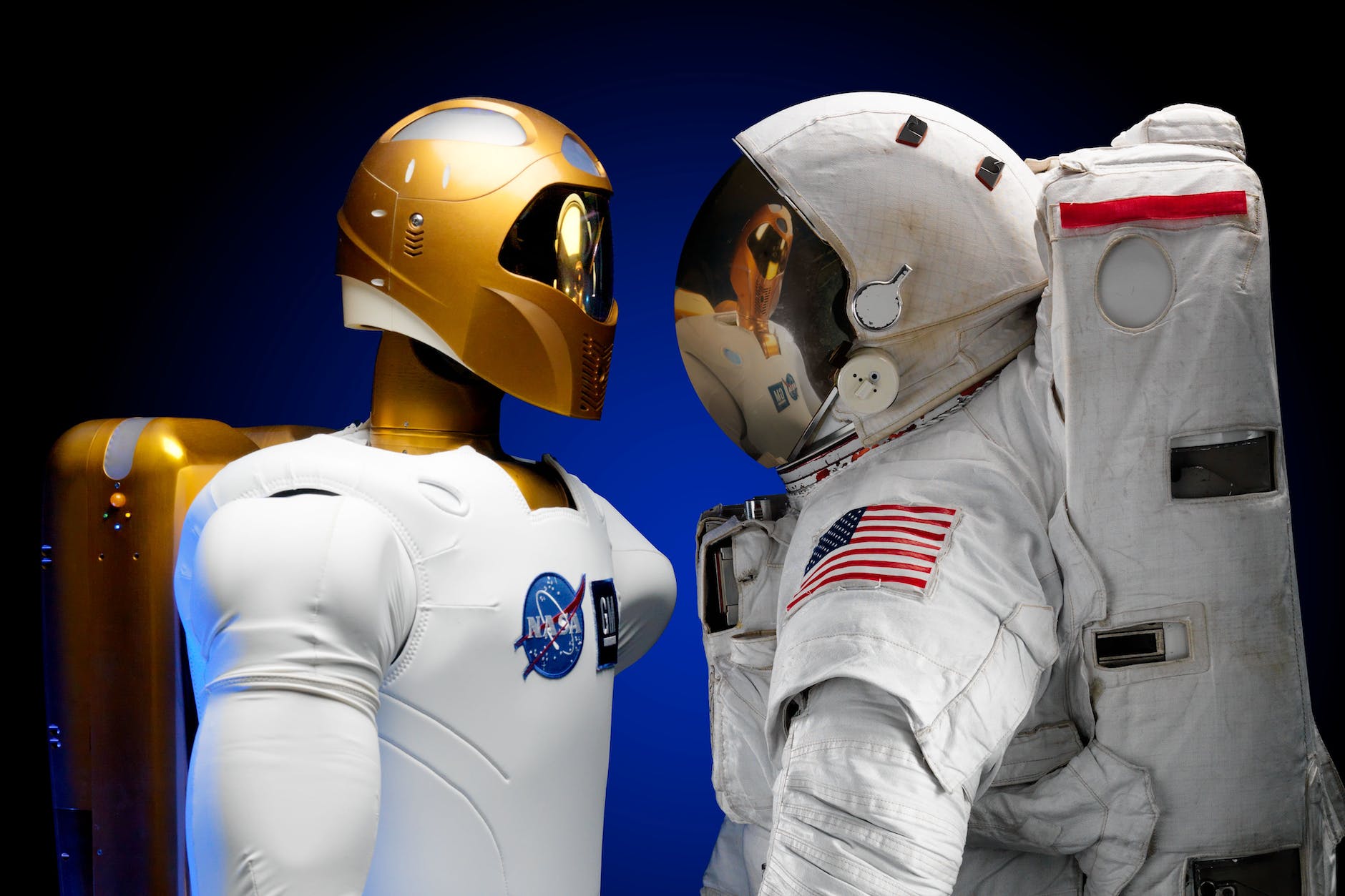Artificial Intelligence is coming and there is no stopping it
The birth of artificial intelligence (AI) is a story of how mankind was able to harness the power of computers. Today, thanks to this technology, we can use our smartphones as GPS navigators and search engines and even talk to our computers like they’re human beings. But how did we get here? How did AI evolve? We’ll explore the history behind this groundbreaking invention and see how it has changed our lives — for better or worse.
It all started in the 1950s
Artificial intelligence is the field of study to make machines and computers more intelligent. It has been around since the 1950s but only recently became a buzzword in technology, media and business circles. AI is not a new concept; it refers to the idea that we can create machines that act with human-like intelligence by building computers that learn in a similar way that humans do.
The goal of AI research is to build computer programs capable of thinking like humans do, allowing them to navigate through life’s challenges on their own while adapting to changing circumstances and environments. The field encompasses many different types of research, including robotics (the creation of mechanical robots), machine learning (the use of computers for tasks such as pattern recognition) and natural language processing (understanding language).
The birth of AI in was controversial… and to an extent it still is.
AI is a controversial topic. The birth of AI in 1950s was also controversial, as it raised concerns about the future of mankind and what will happen if machines can think for themselves.
Scientists have been trying to figure out ways to make machines smarter since ancient times, but they didn’t really succeed until now. AI is the study of making machines and computers more intelligent, which means that they can react to their environment better than humans do.
AI has been around for thousands of years, but it wasn’t until 1950s when scientists started working on creating a machine that could think like humans do — and this research led us towards developing artificial intelligence today!
It is important to continue to evolve human intelligence as artificial intelligence becomes more advanced.
The more advanced artificial intelligence becomes, the lazier humans become as well. Humans need motivation in order to excel and make something of themselves; however, many people are too invested in their devices or other activities that do not require much thought or effort. The result has been a population that values entertainment over evolution.
This has created an environment where many people have lost their sense of wonder when facing new situations because they have already seen everything before via social media or other digital mediums such as video games which often give players only one path through a game without fail (although some games allow you multiple paths). This can be compared to how many people who use GPS routes versus those who learn navigation by landmarks rather than looking at an app on their phone for directions; although both options get them from point A-B successfully there is a big difference between actually knowing where you are going versus just following instructions given by another person or machine!
Additionally since we now rely heavily on machines for our daily routines such as washing clothes or booking travel plans online there may not always be time spent developing other skills like cooking meals from scratch instead relying solely on pre-made frozen foods sold at grocery stores because if something goes wrong with them then just throw away instead fixing anything yourself!
Human intelligence and artificial intelligence are two different things
Human intelligence and artificial intelligence have different strengths and weaknesses. Human intelligence is better at creativity, problem solving, and decision making; artificial intelligence is better at logic, memory, and speed. Humans are also better than machines at learning from experience — a skill that comes with being able to see patterns in the world around us. This ability to learn from experience makes humans more adaptable than machines, which are limited by their programming. However, AI can learn from data it processes much faster than humans can learn from each other due to its lightning-fast processing speed: whereas it would take thousands of years for one person’s lifetime worth of experiences to be processed by another human brain (assuming one million new neural connections per second), an AI system could process that same amount within seconds if given access to enough computing power!
Evolution is not a choice, it is a responsibility
Evolution is what we were born to do. We cannot change that fact — the only thing left for us to choose is how we will evolve. Will humanity take on this challenge and evolve their intelligence? Or will they throw in the towel and let AI take over our world?
If humans want to survive in an age of AI, they must find new ways to motivate themselves — they can no longer rely upon external rewards or punishments like food or death because these are no longer relevant. Instead, humans must find intrinsic motivation in their own lives: something that makes them feel fulfilled even if there aren’t any tangible rewards available at all times like food or safety from predators (which may not even exist anymore).
The answer lies within ourselves; if we look deep enough inside ourselves then we’ll discover what truly matters most: happiness! Humans want nothing more than happiness; whether it be through family life or work life or anything else under those umbrellas it doesn’t matter because at its core happiness means being content with who you are without needing anything else as motivation besides yourself (and possibly others). The only way for humans to thrive despite these challenges presented by AIs taking over everything around us is by evolving our intelligence so that we don’t get left behind while everyone else gets smarter faster than ever before.
We deserve the evolution
It is only a matter of time before artificial intelligence becomes more advanced and self-sufficient. The human race needs to evolve their own intelligence as well so they can keep up with AI’s rapid growth.


Leave a Reply